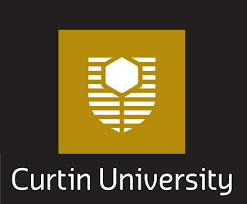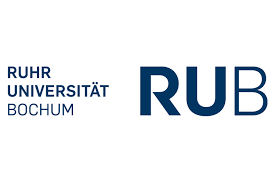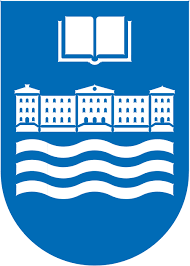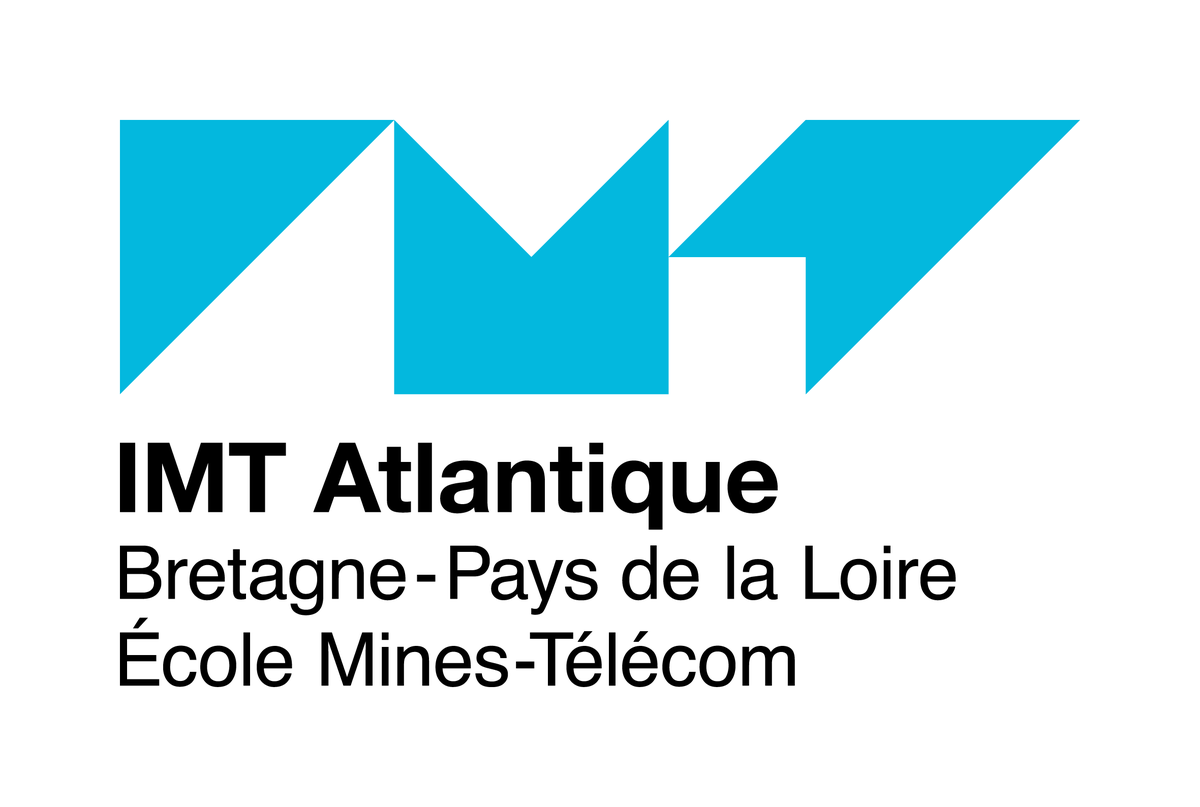
ASPiRE 5.0 Empowering ESG-Driven Innovation & Integration
Transforming Challenges into Opportunities
The ASPiRE 5.0 is a collaboration between 10 Australian and International research organisations and universities , aimed at developing a five-year ARC ITTC (Industrial Transformation Training Centre) proposal for the Integration of ESG Enabling Technologies.
This research training centre aims to bridge the gap between advanced technologies and ESG-centric practices, equipping industries with innovative tools and skilled professionals to meet future challenges. By solving industry-led problems primarily through PhD and Master by Research programs, ASPiRE 5.0 will drive growth, competitiveness, and sustainability in key Australian sectors.
Our Vision
To Enable
-
Advanced Research
-
Industry Collaboration
-
Future-Ready Workforce
In today’s global economy, businesses that fail to innovate and demonstrate commitment to ESG standards risk exclusion from key markets. Regulatory pressures, climate change, evolving consumer expectations, and expanding data are rapidly increasing demand for new ESG solutions to manage competing interests.
ASPiRE 5.0 is a collaborative initiative designed to support and empower businesses to:
-
Maintain responsible and transparent supply chains.
-
Adapt to evolving ESG regulations.
-
Overcome technological and data management barriers.
-
Address skills shortages.






Research Streams
1
Workplace Performance
Enhancing operational efficiency and employee well-being.
-
Research on human, machine, and material technology interfaces for employee well-being, productivity, engagement, diversity and inclusion, and the training and development that achieves advances in ESG performance.

2
Data Integrity and Resilience
Strengthening ESG data systems for transparent reporting
-
Research on obtaining and integrating multiple source data points for effective cybersecurity, data accuracy and reliability, resilient IT systems and transparency in data collection, management and reporting.

3
Social and Ethical Responsiblity
Building frameworks for ethical production and stakeholder engagement.
-
Research on effective and efficient technology integration for exchange of information and knowledge enabling corporate governance, community engagement, ethical and sustainable value chains, and upholding of human rights.

4
Sustainable Technologies and Practices
Driving innovation in low-carbon systems and responsible manufacturing.
-
Research designed and developed on the integration of human, software, and hardware technologies that transform organisations and business models, improve the efficiencies of renewable energy and resources, enable green innovations, and reduce waste, pollution and environmental risks in life cycle analysis.

ARC Industrial Transformation Training Centres

ARC Industrial Transformation Training Centres (ITTCs) are Australian Government-funded programs designed to address industry challenges through innovative research and training. Focused on solving real-world problems, ITTCs aim to build industry capability, uplift businesses, and prepare them for future demands.
Key features include:
-
Targeted Training: Development of Higher Degree by Research (HDR) candidates and postdoctoral researchers within industrial settings.
-
Collaboration: Strengthening partnerships between universities and industries to co-develop solutions.
-
Capability Building: Enhancing resilience and adaptability in priority industrial areas through tailored research.
Benefits for Industry:
-
Access to cutting-edge expertise and practical, research-driven solutions.
-
Development of a skilled workforce equipped for complex, future-focused challenges.
-
Increased competitiveness and ability to meet evolving market demands.
By partnering with an ITTC, businesses gain access to advanced talent and technologies, enabling them to innovate, grow, and thrive in a rapidly changing global landscape.
Outcomes for Industry
ESG Innovation and Technology Integration

-
Enhanced Efficiency and Sustainability
-
Real-world R&D improving industry practices and reducing environmental footprints.
-
-
Global Market Competitiveness
-
Empowering Australian industries to thrive in international markets like Europe, Japan, and the USA.
-
-
Business Model Innovation
-
Supporting transformation toward resilient and responsible production ecosystems.
-
-
Workforce Excellence
-
Industry-ready graduates equipped with advanced digital and ESG expertise.
-
“Partnering with an ITTC provides access to expertise, tailored solutions, and skilled graduates to prepare businesses for future challenges”

Research Leadership

Assoc Prof,
University of Technology Sydney

Prof,
University of Adelaide

Prof,
Curtin University

Prof,
RMIT

Prof,
Advisor
Starting 1 January 2025, Australia mandates large businesses and financial institutions to include climate-related financial disclosures in their annual reports.
Mandatory Reporting

Emissions in supply chains can be up to 11 times greater than in business operations, making scope 3 emissions a critical challenge for Australian companies
Supply Chain Visibility

Rio Tinto aims for a 50% reduction in Scope 1 and 2 emissions.
BHP targets at least a 30% reduction. Fortescue aims to eliminate approximately 90% of emissions by 2030
2030 Targets

Global sustainable manufacturing market is projected to reach USD 531 billion by 2033, up from USD 210 billion in 2023, growing at a CAGR of 9.72% between 2024 and 2033
Opportunity

Australian Corporations guilty of making false or misleading sustainability claims now face penalties exceeding $50 million or up to 30% of adjusted turnover during the breach period
Accurate Reporting

ESG was ranked as the top business risk in the mining and metals industry in 2024 Industry survey.
Risk Management

ESG Matters
Australian University Partners
Australian Government Partners

Industry Partners
Team Members
Jamie Lane
Position / Role

Alex Smith
Position / Role

Charlie McMann
Position / Role

Max Johnson
Position / Role










